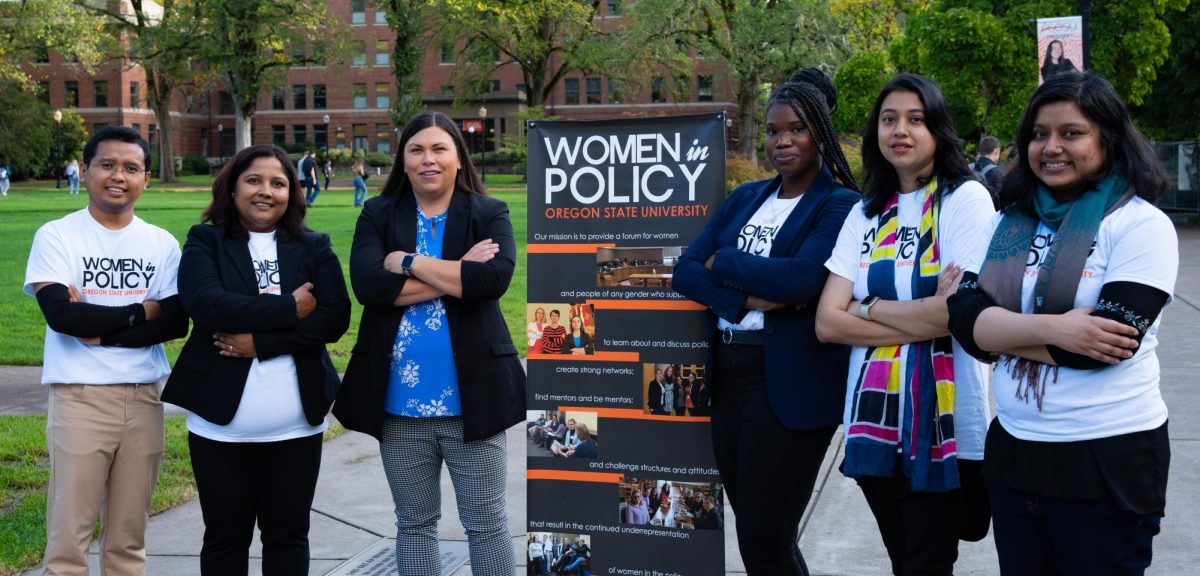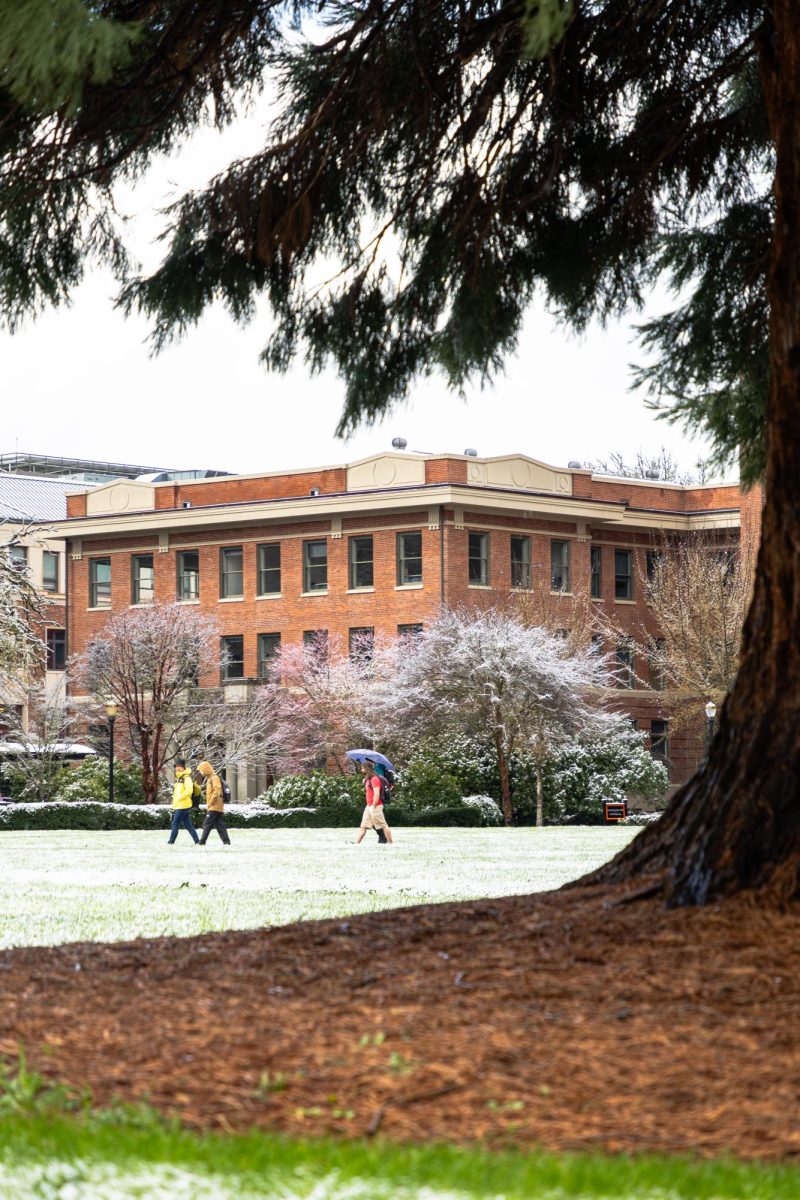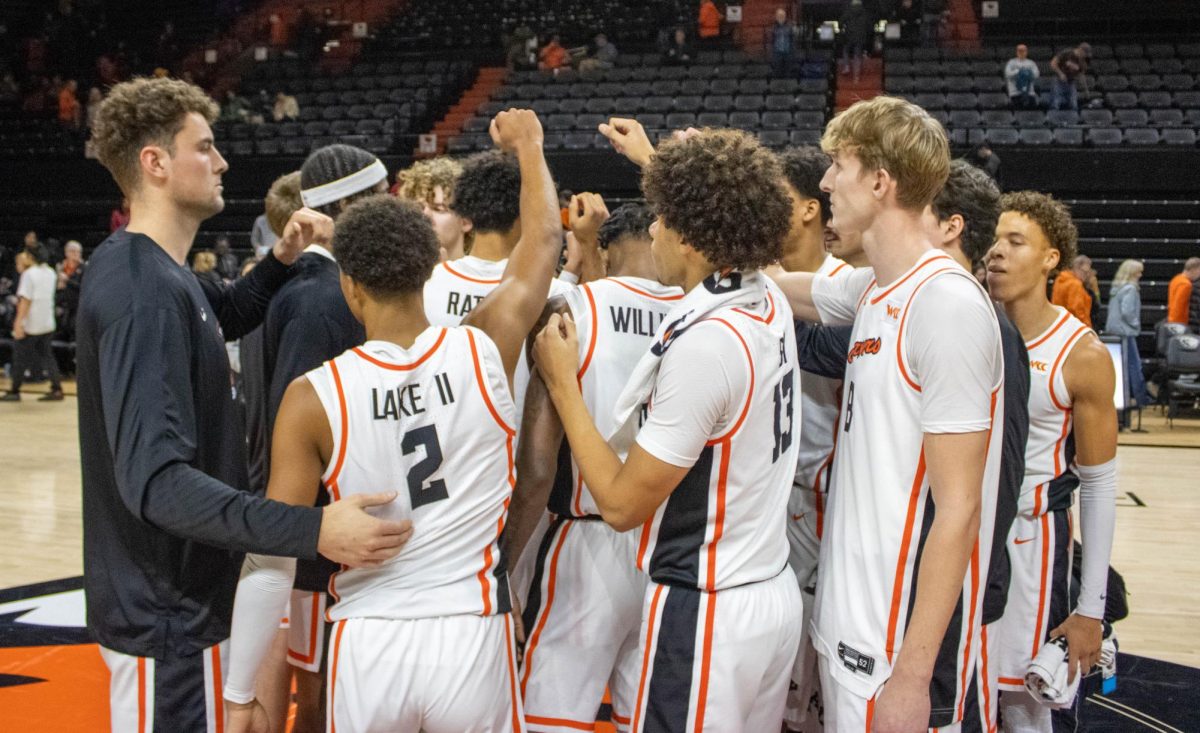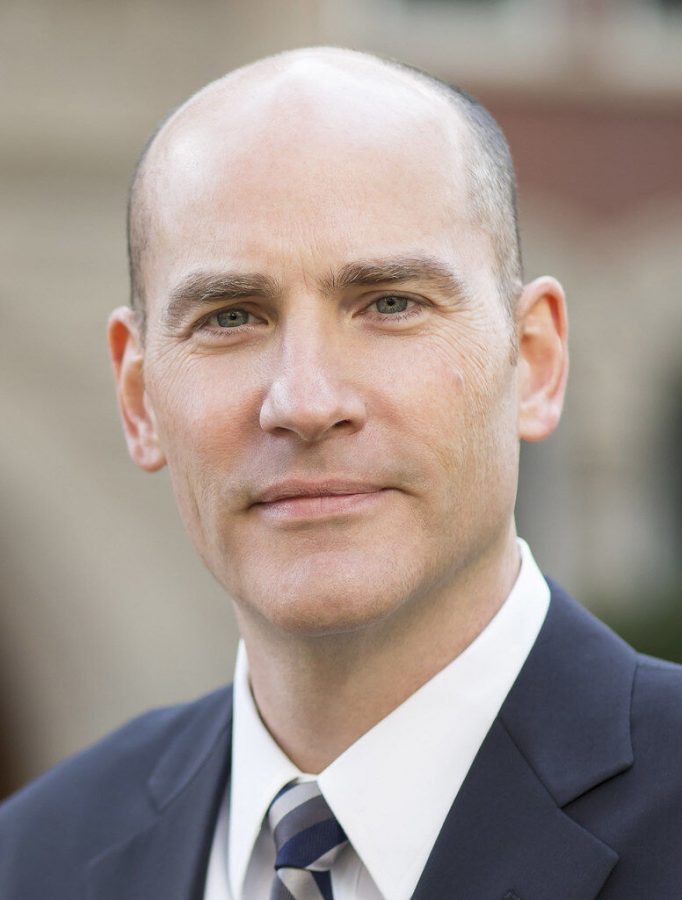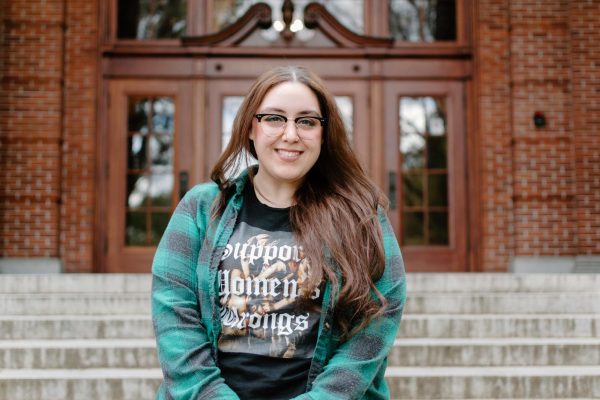President-elect Donald Trump’s latest appointments to Health and Education departments increase concerns over education, disinformation and public health.
Trump has renewed Republican calls to abolish the Department of Education as part of Project 2025 and the Grand Old Party platform, a decades-old goal that has gained new momentum.
This shift could leave education — and institutions like Oregon State University — without federal guidance and oversight on key educational issues. Students stand to be left vulnerable if these changes pass.
On Nov. 21 Sen. Mike Rounds (R-SD) introduced bill S.5384 “A bill to abolish the Department of Education, and for other purposes.”
The bill would transfer education authority entirely to individual states, which could raise concerns about equitable access across the nation.
Trump has appointed Linda McMahon as Secretary of Education. The former World Wrestling Entertainment performer served as the Small Business Administration director during Trump’s first administration.
McMahon has been outspoken about promoting the parents’ rights movement in education and returning education control to the state and local governments, Axios reported.
According to the National Education Association, the parent’s rights movement is a way to enact censorship. It’s a phrase used to describe the efforts of parents to influence what is taught in schools, sometimes through book bans and other restrictions.
Project 2025 would defund the Department of Education and shift the functions of the department to others, like the Labor, Justice and Commerce Departments.
Eliminating the department would require congressional action, according to Edward Weber, professor of political science at OSU.
“The odds the new Trump Administration will be able to axe, or defund, the Department of Education are quite small,” Weber said. “The slim margin of control in the US House militates against such major moves.”
Even if the department is left intact, some students will be vulnerable. Axios reported efforts to continue expanding LGBTQ+ and gender equality protections for students would cease, and forgiving student debt is unlikely to continue under Trump’s second term.
On Nov. 14 Trump announced on X that Robert F. Kennedy Jr. would be the United States Secretary of Health and Human Services.
According to HHS.gov, HHS provides “effective health and human services” and “advances sciences” underlying medicine, public and social services and vaccines.
Nancy Vargas, a Ph.D. student in public health who has worked in public health and education said she works to make sure that people have equitable access to resources.Vargas noted concerns about Kenndy’s positions on vaccines.
“It has a lot of concern for me in terms of public health as a whole, education as a whole, where for me, social justice, activism and fighting against systems that perpetuate health differences and injustices is important,” Vargas said.
Vargas’ main concerns lie with the fact that Kennedy is anti-vaccine, while Vargas is “100% supportive of vaccinations — they save lives.”
Vargas believes that vaccines should be standard in all communities.
Kennedy’s ardent anti-vaccine rhetoric cost people their lives. The Guardian reported the Samoa government shut down the vaccination program due to a medical error. Kenndy visited the island in mid-2019 and participated in a disinformation campaign that resulted in 83 deaths, “mostly babies and young children.”
Maritza Leon-Gutierrez, a Ph.D. student in public health whose research focus is on cancer said information about vaccines needs to be available to students and the public.
“I do believe OSU has the responsibility to say vaccines are beneficial,” Leon-Gutierrez said.
Vargas also expressed how OSU is a research institution, and keeping fact-based information at the forefront for students and the community is one way to help combat disinformation.
“Center science right in our work,” Vargas said. “Not only science but evidence-based information.”
With Trump’s second term in effect, students and the Corvallis community have resources.
Community-based organizing and information gathering is a way to help others. Students can visit the cultural centers on campus like the Pride Center and SOL for information about queer advocacy.
Students can also connect with local community mutual aid groups like the Really Really Free Market and Mutual Aid and Direct Action OSU. Both groups organize around values of social justice, community education and providing accessible education.
“Organizing, coming together can help protect not only people but can help protect information that we have the right to know,” Vargas said.









